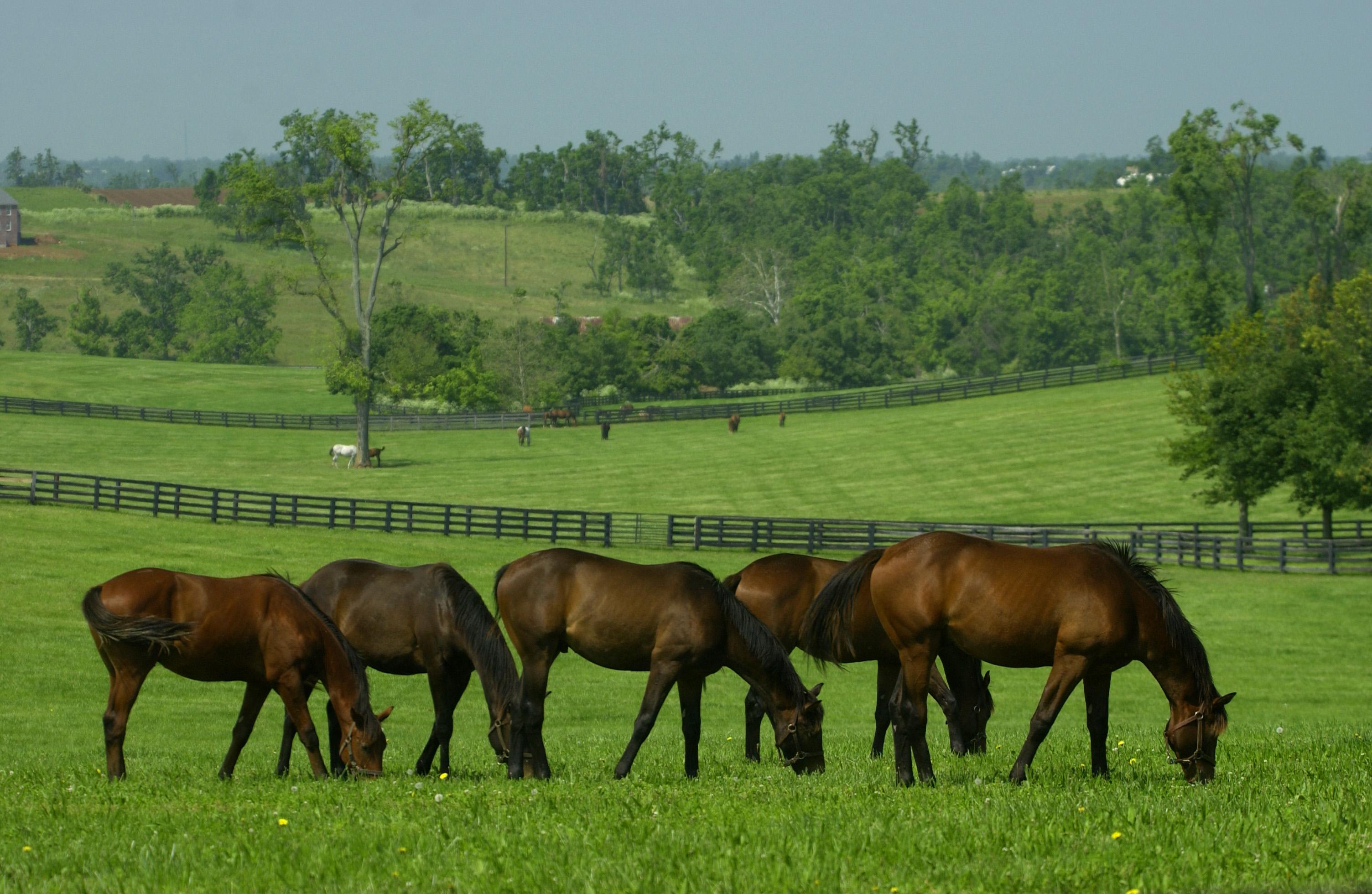UK Equine Research Showcase Recap: UK Launches Thoroughbred Genetic Diversity Project

The University of Kentucky hosted the fourth and final session of its Equine Research Showcase Feb. 9. Presenting sponsors included BET, Kentucky Performance Products, McCauley’s, Merck, Rood & Riddle Equine Hospital and Tribute Equine Nutrition. The session included several 10-minute mini presentations about hot topics in the area of equine research.
Ernest Bailey, PhD, professor of equine genetics, Ted Kalbfleisch, PhD, associate professor and genome analysis expert, and Jessica Petersen, PhD, University of Nebraska Lincoln population genetics expert, presented a short discussion about their Thoroughbred Genetic Diversity Project. Kalbfleisch spoke on behalf of the team.
Identifying the number of genetic variants that exist in a population and at what frequency is key to understanding genetic diversity.
Kalbfleisch identified the role of genetic variation in a population, and how it is essential to the health of the population. Pedigrees or similar methods are not accurate enough for genetic evaluation of this magnitude. A modern, more effective method is genomic sequencing, which has the ability to identify genetic variation and gene frequency.
Genomic sequencing is a cost-efficient way to understand nucleotide variation and many other details in a particular animal’s genome.
“When looking at a population of animals, what you can do is assess the genetic variants that are present in those animals,” Kalbfleisch said.
Via whole genome sequencing, the Thoroughbred Genetic Diversity Project will catalog all genetic differences that occur in Thoroughbreds at any frequency greater than 3%. After that, the animals will be analyzed to understand the frequency of each nucleotide variant individually within the population.
“The result of this, when we are done, we will have anonymized genetic data that is published to public repositories,” Kalbfleisch said. “Ultimately it is our hope that this data is used by breeders and farm managers.”
This project is a start to documenting the presence of genetic diversity in Thoroughbreds in 2021.Genetic diversity changes over time, so this allows a point to reference and compare to in the future.
Currently, the team is looking for broodmare and older Thoroughbred horse blood samples for use in the project. Those who are interested should contact ebailey@uky.edu, jessica.petersen@unl.edu or ted.kalbfleisch@uky.edu for more information.
Sydney Carter, a junior majoring in equine science and management and minoring in journalism, is a communications and student relations intern with UK Ag Equine Programs.
